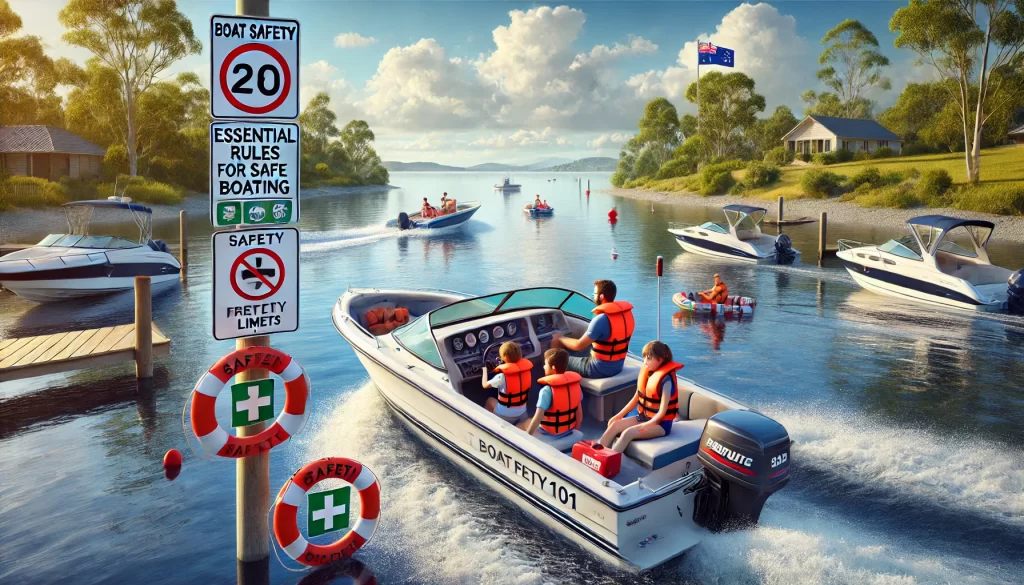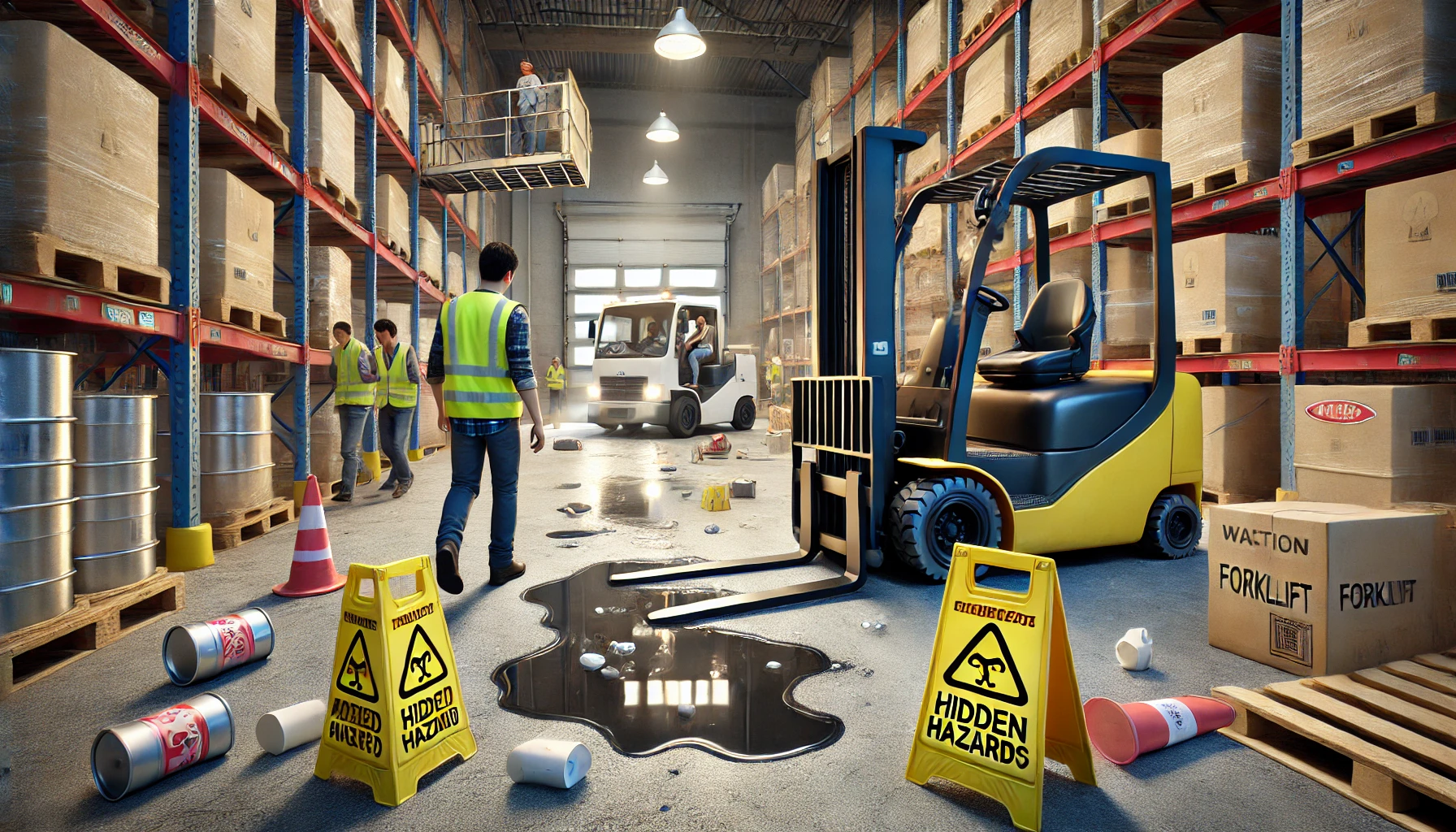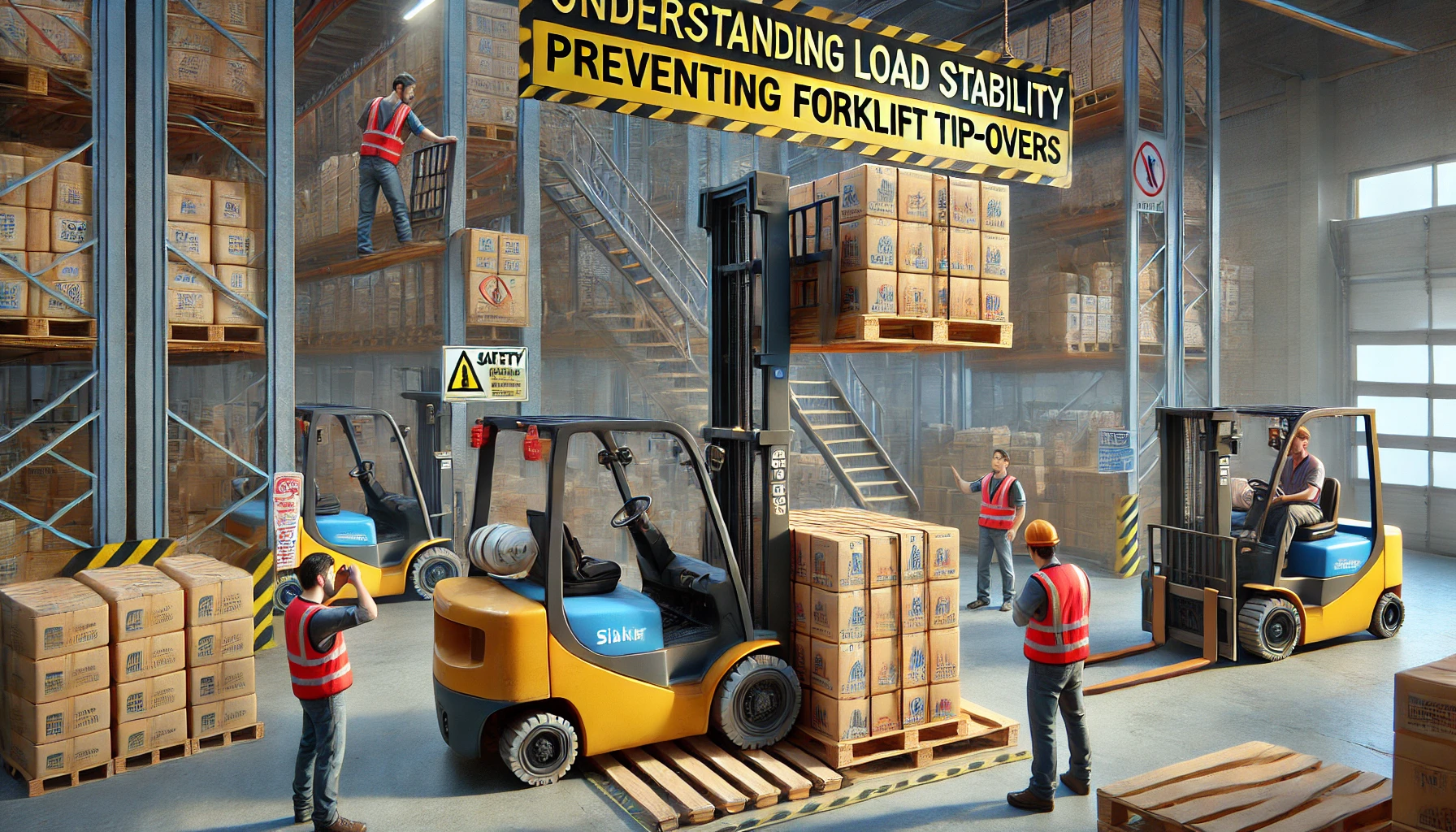There’s nothing quite like hitting the water on a sunny day, whether it’s for a relaxing cruise or an adventurous fishing trip. But before you set sail, it’s important to know the essential safety rules for boating in Australia. No matter your level of experience, boat safety is something that should always be top of mind, especially if you’re working towards obtaining your boat or marine licence. A safe day on the water not only protects you and your passengers but also ensures that everyone enjoys their time out at sea or on the river.
Always Wear a Lifejacket
One of the most basic – but critical – rules of boating safety is to always wear a lifejacket. In fact, it’s a legal requirement in Australia to have lifejackets on board for every passenger, and in many situations, wearing them is compulsory. Lifejackets are designed to keep you afloat if you fall overboard or if your boat capsizes, giving you the best chance of staying safe until help arrives.
It’s important to make sure your lifejackets are the right size for all passengers, especially children. A poorly fitting lifejacket won’t provide the protection you need in an emergency. Also, check them regularly for wear and tear – a damaged lifejacket may not do its job properly when it counts.
Check the Weather Before You Go
Australian waters can be unpredictable, so checking the weather before you head out is a must. Calm conditions can change quickly, and it’s crucial to be aware of the forecast to avoid getting caught in dangerous situations. Always plan your trip based on weather conditions, and if strong winds, storms, or large swells are predicted, it’s best to stay ashore.
If you’re already out on the water and the weather begins to turn, don’t wait for it to get worse – head back to shore immediately. Safety is always the priority, and it’s better to cut a trip short than risk your boat being caught in rough seas.
Keep Your Boat in sound mechanical condition
Just like a car, a boat requires regular maintenance to ensure it’s in safe working order. Before heading out on any trip, take the time to do a quick check of your boat’s key components, such as the engine, fuel lines, and steering. Make sure you have enough fuel for your journey – and then some, just in case you end up going further than planned.
Having an equipment checklist is also handy. Check that your fire extinguisher is accessible, the navigation lights are working, and your emergency gear (such as flares and a first aid kit) is stocked and within reach. A well-maintained boat is a safer boat, and being proactive about maintenance can prevent problems from escalating while you’re out on the water.
Follow Speed Limits and Navigation Rules
When you’re out boating, following speed limits and navigation rules is essential to keeping yourself, your passengers, and others safe. Just like driving on the road, there are speed limits in place to ensure safe boating conditions, especially in areas like marinas, harbours, and near swimming zones. Exceeding speed limits or ignoring navigation markers can lead to accidents, so always be mindful of the rules and keep an eye out for signs and buoys.
It’s also important to give way to other boats in accordance with the rules of the water. Larger vessels, for example, often have the right of way, as they’re harder to manoeuvre. Understanding these rules not only helps you avoid collisions but also makes boating a more enjoyable experience for everyone out there.
Be Aware of Your Surroundings
One of the most important aspects of safe boating is simply staying alert and aware of your surroundings. Whether you’re cruising through a busy waterway or in open water, always keep an eye out for other boats, swimmers, and any potential hazards. It’s easy to become distracted by the beauty of the water, but being a vigilant skipper is key to ensuring everyone’s safety.
This also means keeping an ear out for any signals or warnings from other vessels or local authorities. Fog horns, whistles, and light signals are commonly used to alert boaters to danger or to communicate between vessels, so always be ready to respond if necessary.
Never Drink and Drive
Operating a boat under the influence of alcohol is just as dangerous as drink driving on the road. In Australia, the legal blood alcohol limit for operating a boat is the same as for driving a car – 0.05%. Alcohol impairs your judgement, reaction times, and coordination, all of which are vital for safely operating a boat.
The water can be a fun and relaxing place, but safety should always come first. If you plan on drinking, make sure you have a designated driver who can operate the boat. Remember, even passengers who have been drinking need to be cautious, as alcohol can increase the risk of injury if they fall overboard.
Have an Emergency Plan
No one likes to think about worst-case scenarios, but having an emergency plan is crucial for boating safety. Before you head out, let someone on land know where you’re going and when you expect to return. In the event of an emergency, they’ll be able to alert authorities if you don’t come back on time.
Additionally, make sure everyone on board knows what to do if an emergency arises. Whether it’s abandoning the boat or dealing with a fire, clear instructions and a calm response can make all the difference. Keep your radio on and tuned to the correct emergency frequency in case you need to call for help.
Enrol in a Marine Licence Course
If you’re in the process of getting your boat or marine licence, or even if you’ve been boating for years, completing a Marine Licence course is a smart move. These courses cover everything from navigation rules and equipment requirements to emergency procedures, giving you a comprehensive understanding of how to stay safe on the water.
A Marine Licence course isn’t just about passing a test – it’s about gaining the knowledge and confidence to handle a range of situations while you’re on the water. For those working towards their licence, these courses are often a requirement, but they’re a valuable resource for any boater.
Conclusion
Boating is one of life’s great pleasures, but it’s also a responsibility that requires careful planning, awareness, and respect for the rules of the water. Whether you’re a seasoned boater or just starting your journey towards obtaining a licence, keeping these essential safety tips in mind will help ensure that every trip you take is as safe as it is enjoyable.
By wearing a lifejacket, maintaining your boat, following navigation rules, and staying alert, you’re doing your part to protect yourself, your passengers, and others out on the water. Safe boating is smart boating, and when everyone plays their part, we can all enjoy the beauty and freedom of Australia’s stunning waterways.







